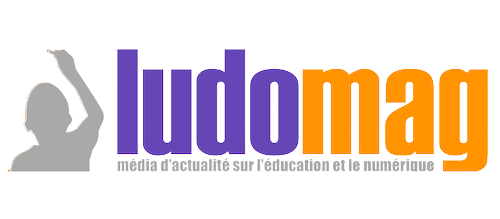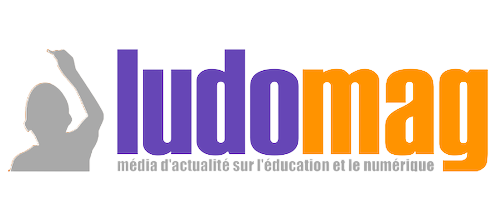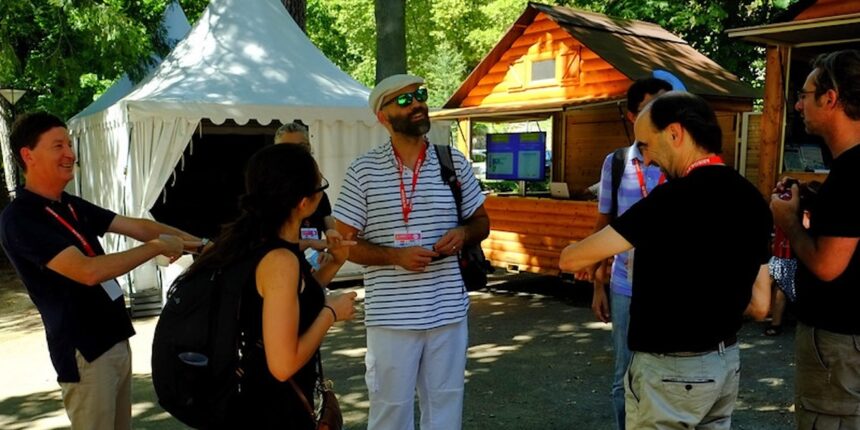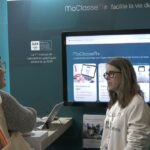LUDOVIA continues its exploration of issues raised by digital technologies in educational and play practices by bringing together multidisciplinary approaches (educational sciences, cognitive sciences, information and communication sciences, arts, computer sciences, etc.).
For two decades, LUDOVIA has been working on themes such as immersion, conviviality, DIY, space, memory, interactivity, mobility, pleasure, imagination, creation and consumption, appropriation and deviation, forms of attention, presence and engagement, sharing, exchange, contribution, participation, institutions, representations, injunctions, the social, ethics and well-being. This wealth has resulted in numerous publications in books and journals.
This year, the International Scientific Symposium Ludovia celebrates its 20th edition within the framework of the Summer University Ludovia 2024. For this anniversary, the team has chosen a theme that can be seen as a thread running through all their work:
Everyday Life & Digital
Digital technology is part of everyday life for the majority of the population. What was once the « future » in the ICT era around 1995, has infiltrated daily practices and routines. For those who have not experienced a world without the Internet, it is difficult to imagine what life would be like without it. Civil engineering infrastructures, IT foundations, political and industrial decisions on service management are taken at the level of states and international industrial groups, but the use of networked services primarily concerns individuals, even if they appear within the framework of institutions, companies, associations or other structures.
The importance of digital technology in everyday life is regularly highlighted in the media. It manifests itself in ethical and pragmatic issues such as the management of personal data, the development of different versions of ChatGPT, and the promises of technology in transforming everyday life. The dialectic between the everyday and the digital is part of a social and individual dynamic.
This is why interrogating everyday life has a scientific significance. As disciplines tend to fragment reality based on their objects and methodologies, making everyday life an object of study offers a focus that is closest to the concerns of individuals. Questioning it requires the mobilisation of different approaches.
The daily ubiquity of digital devices is indeed redistributing organisational approaches in services and at home. For example, the fact that large retailers offer online ordering and drive-through collection is not neutral. Even when customers go in person, they may only interact with automated checkout systems after they have made their purchase decisions. These services have been generalised during the management of the pandemic. The instructions for barrier gestures and maintaining distance, facilitated by the use of platforms, have left their mark. This organisation, conceived in an emergency and intended to be temporary, has partly endured. The imperatives of distance have even manifested themselves in the management of contacts with collectively used objects, for example through the massification of the use of contactless options.
Everyday life with digital technology seems to be reshaping social relations to the point of reshaping social organisation. Does this mean that democratic modernity is finally providing individuals with the technical means to pursue long-held passions? Or is it rather that these tools have the capacity to generate and nurture new passions? In other words, is the digital everyday as we experience it an indication of who we are or what digital technology is?
To learn about all submission details, download the call for papers.
More information: ludovia.fr








